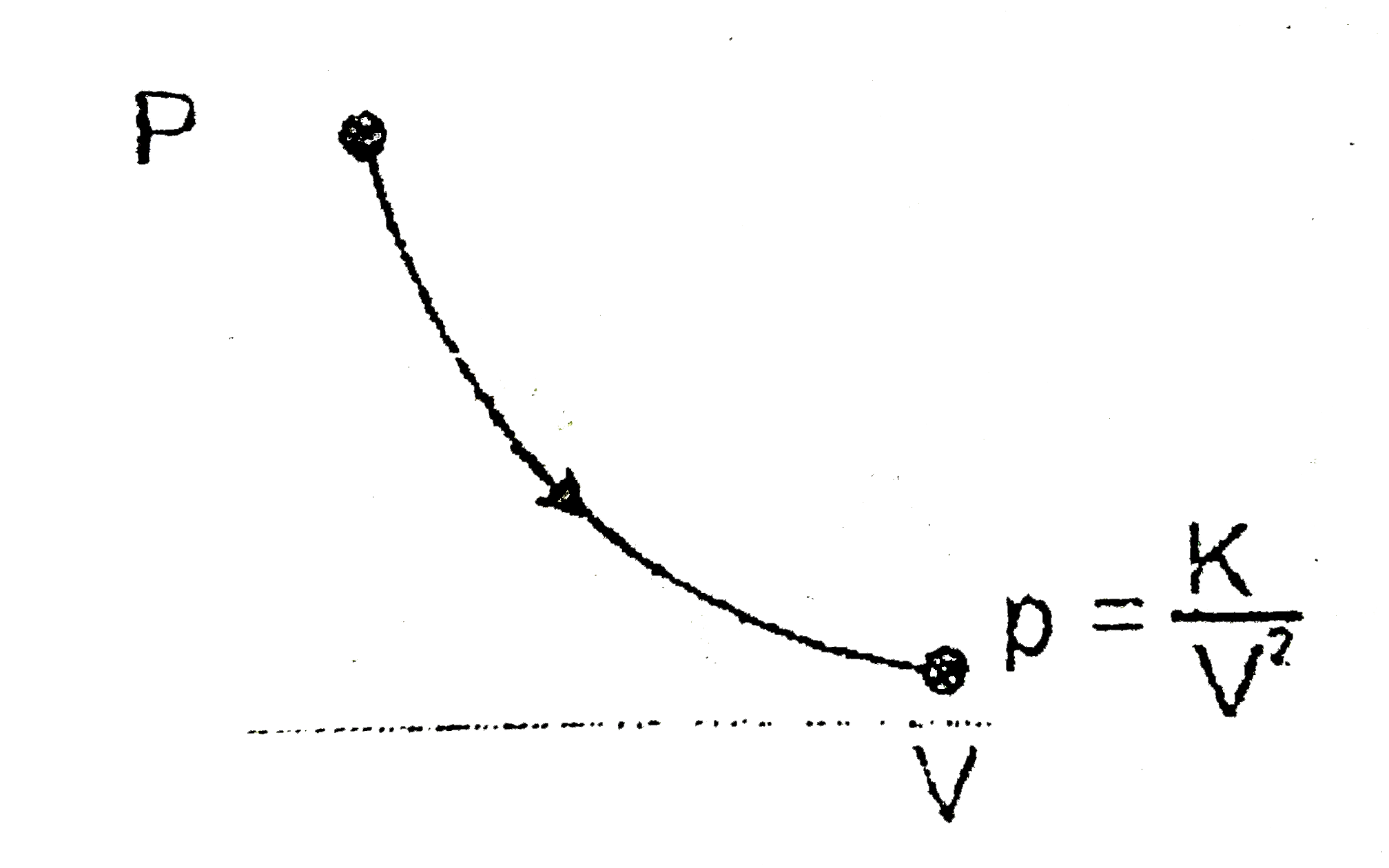The molar heat capacity for an ideal gas a is zero for an adiabatic process b is infinite for an isothermal process c depends only on the nature of the gas for a process in which either volume or pressure is constant d is equal to the product of the molecular weight and specific heat capacity for any process
Related Solutions
The molar heat capacity for an ideal gas a) is zero for an adiabatic process b) is infinite for an isothermal process c) depends only on the nature of the gas for a process in which either volume or pressure is constant d) is equal to the product of the molecular weight and specific heat capacity for any process
View SolutionThe molar heat capacity for an ideal gas a) is zero for an adiabatic process b) is infinite for an isothermal process c) depends only on the nature of the gas for a process in which either volume or pressure is constant d) is equal to the product of the molecular weight and specific heat capacity for any process
View SolutionThe molar heat capacity for an ideal gas (i) Is zero for an adiabatic process
(ii) Is infinite for an isothermal process
(iii) depends only on the nature of the gas for a process in which either volume or pressure is constant
(iv) Is equal to the product of the molecular weight and specific heat capacity for any process
View SolutionWhat are the specific heat capacities of an ideal gas for an isothermal and an adiabatic process?
View SolutionAn ideal diatomic gas undergoes a process in which the pressure is proportional to the volume. Calculate the molar specific heat capacity of the gas for the process.
View SolutionAn ideal diatomic gas is taken through a process in which the pressure and the volume vary as P = aV^b . If the specific heat capacity in the process is zero, then (-5b) is equal to ______
View SolutionWhat is the molar specific heat capacity of a gas undergoing an adiabatic process ?
View SolutionWhat is the molar specific heat capacity of a gas undergoing adiabatic process?
View SolutionWhat is the molar specific heat capacity of a gas undergoing an adiabatic process ?
View SolutionWhat is the molar specific heat capacity of a gas undergoing an adiabatic process ?
View SolutionFind the value of molar heat capacity for an ideal gas in an adiabatic process.
View SolutionFind the value of molar heat capacity for an ideal gas in an adiabatic process.
View SolutionDuring an adiabatic process of an ideal gas, if P is proportional to (1)/(V^(1.5) , then the ratio of specific heat capacities at constant pressure to that at constant volume for the gas is
View SolutionA : The specific heat of an ideal gas is zero in an adiabatic process.
R : Specific heat of a gas is process independent.
View SolutionA : The specific heat of an ideal gas is zero in an adiabatic process. R : Specific heat of a gas is process independent.
View SolutionThe molar heat capacity of a gas in a process
View SolutionFigure shows a process on a gas in which pressure and volume both change. The molar heat capacity for this process is C.
View SolutionThe molar heat capacity for the process shown in fig. is

View SolutionA monoatomic gas undergoes a process in which the pressure (P) and the volume (V) of the gas are related as constant. What will be the molar heat capacity of gas for this process?
View SolutionA monoatomic gas undergoes a process in which the pressure (P) and the volume (V) of the gas are related as PV^(-3)= constant. What will be the molar heat capacity of gas for this process?
View Solution